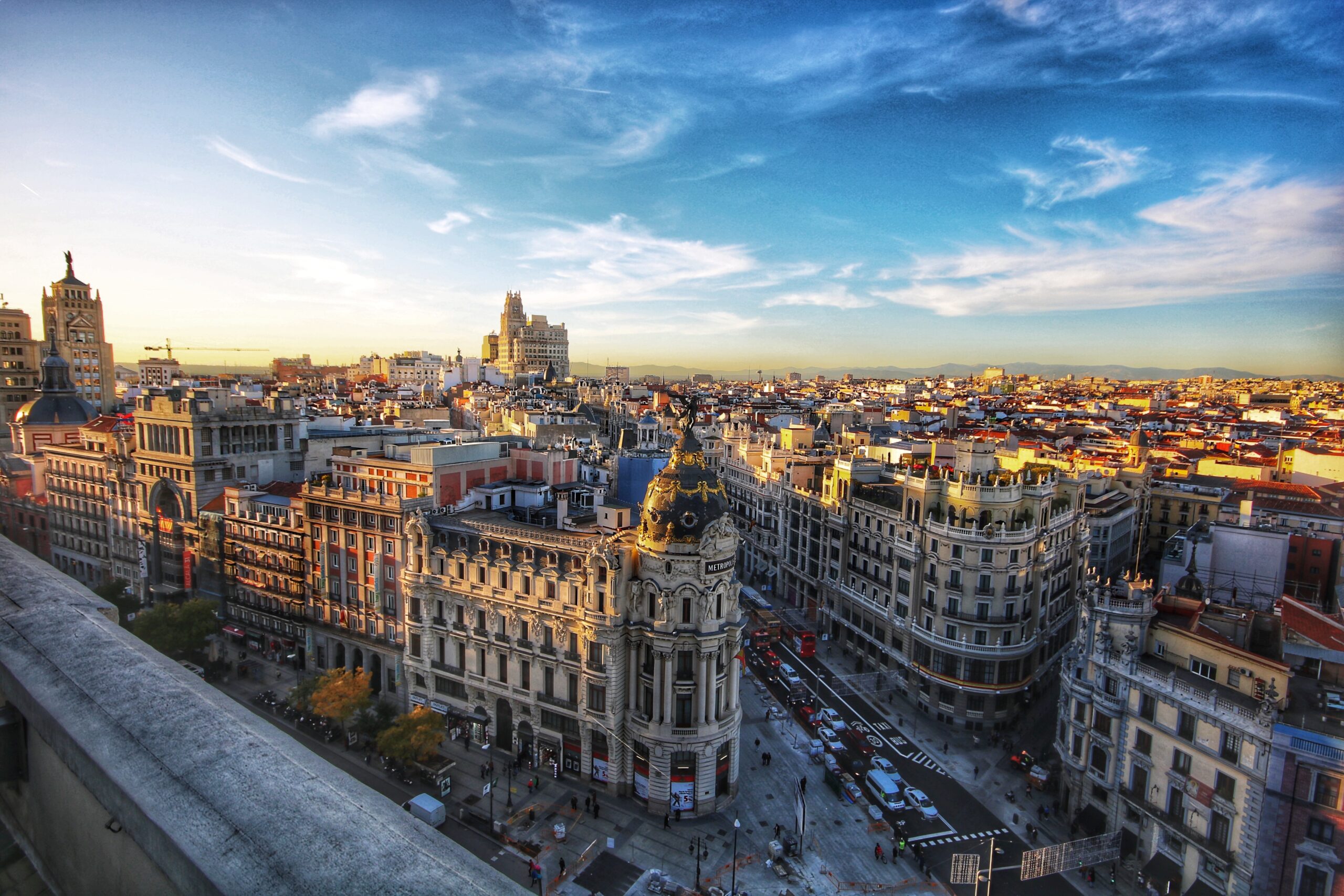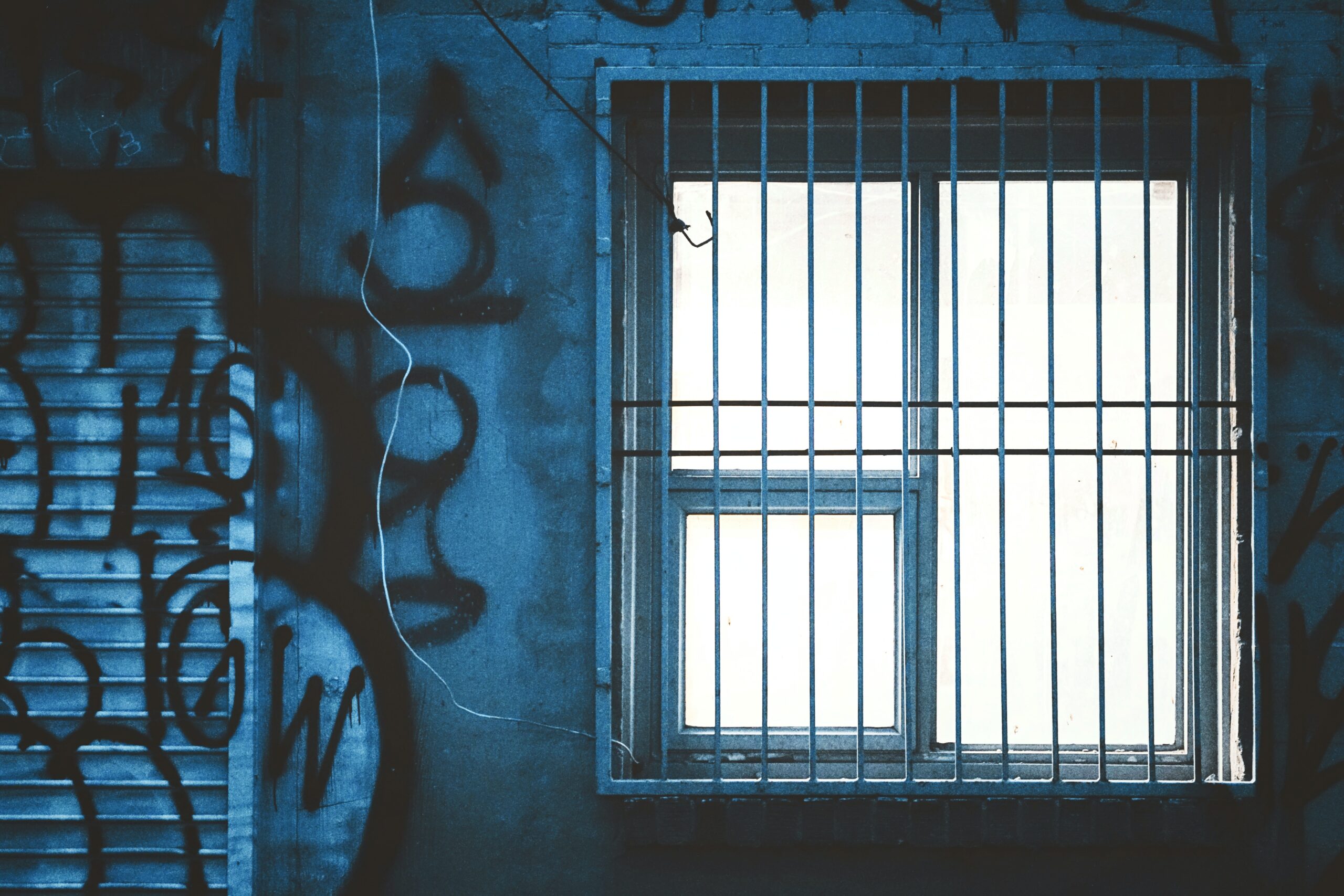The Tramp has to be the most imperishable character in the history of physical comedy. Buster Keaton, his stoic and graceful attitude toward the beleaguered lives of his characters, his immense poise in the midst of disaster, the well-thought-out stunts and set designs—his might have been a greater talent. And Harold Lloyd might have been more entertaining, more daring, and more versatile as a mainstay of the same pantheon of physical comedy. But the Tramp is the most individualized and memorable character of all time—as much as his distinct appearance, his movements and body language are so clear and identifiable that it seems just that he should have inspired an…
-
-
Charlie Chaplin, the director of his mid-career film The Circus, was a libertine and a rake. A diminutive ladies’ man, he was having multiple affairs as the film was in production, going through a divorce settlement with his underage wife, and facing back taxes totaling six or seven figures. He was also at odds with the inevitable avalanche of the sound era, which was coming as the (apparent) demise of all that he had worked for. It was a heady, pressure-packed time in his life; and yet he managed to make this colorful circus film as authentic as any other Chaplin film, and moving in the vein of The Tramp,…
-
In the wintry world of the Klondike, located in the Yukon territory of northwestern Canada, an influx of prospectors searching for gold brought timeless fame to what was to become the mecca of many pioneers: The Klondike Gold Rush. Competing for immeasurable riches, pioneers and prospectors alike embodied the dueling instincts of avarice and survival, living on the border of fabulous riches and utter squalor. Deriving its setting and incidents from the Klondike Gold Rush and the Donner Party, The Gold Rush chronicles the challenges of The Lone Prospector—The Tramp in his northern form—as he weathers snowstorms and endures starvation in the cabin of a wanted homicide, sidestepping a burly…
-
The Kid is an unerring film of the Chaplin oeuvre from 1921, when the freshness of his appeal was still to meet its apex in masterworks such as City Lights, and his genius as a silent comedian of the cinema, as capable of evoking pathos as hearty laughter, had yet to overtake humankind. Though the runtime of the film barely exceeds sixty minutes, a density of feeling and action in so brief a time is a rarity that Chaplin undertakes, delivering to his audience this spectacle of the streets. From a charity hospital a woman exits, carrying an infant that is to become a foundling; this is confirmed by the…
-
Joe Franklin writes in Classics of the Silent Screen that “along with Griffith, Stroheim, Keaton and Fairbanks, Chaplin remains one of the half-dozen immortals of the American screen,” delimiting a pantheon that has since grown while retaining its primary figures, of whom Chaplin is one of the greatest.[1] By 1936 Chaplin had established an oeuvre that universalized the tramp, the duck-footed vagrant with floppy shoes and a cane, so that as he approached the creation of Modern Times his reputation as a movie icon could never have been in doubt. But his reputation, however unassailable, confronted during these years an existential dilemma posed by the tidal powers of cinema itself:…










